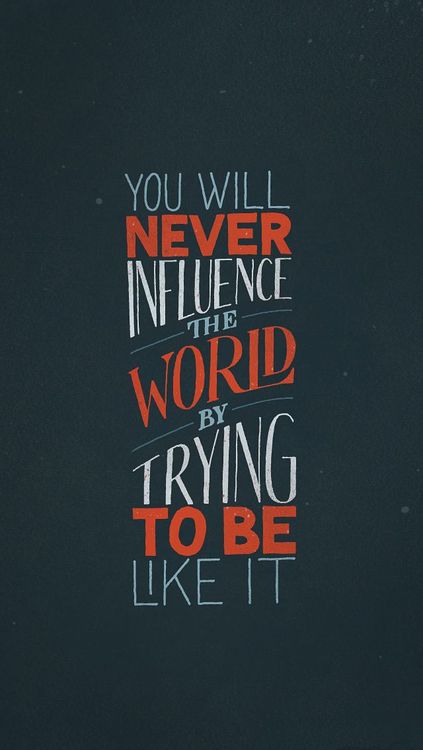We all do it. Between work and family obligations, errands, the mere whiff of a social life and the few minutes we manage to cobble together here and there for relaxation, we carry around an endless source of excuses for why something important to us must wait until later. But later rarely comes knocking and before we know it, the stress associated with not taking action has become yet another excuse to procrastinate.
Take this blog, for example. It has been about a year since I published a new post. I say “published” because for the first few weeks, I was writing, but putting off publishing my work. This post wasn’t ready yet. That one needed more polishing. Continue reading



